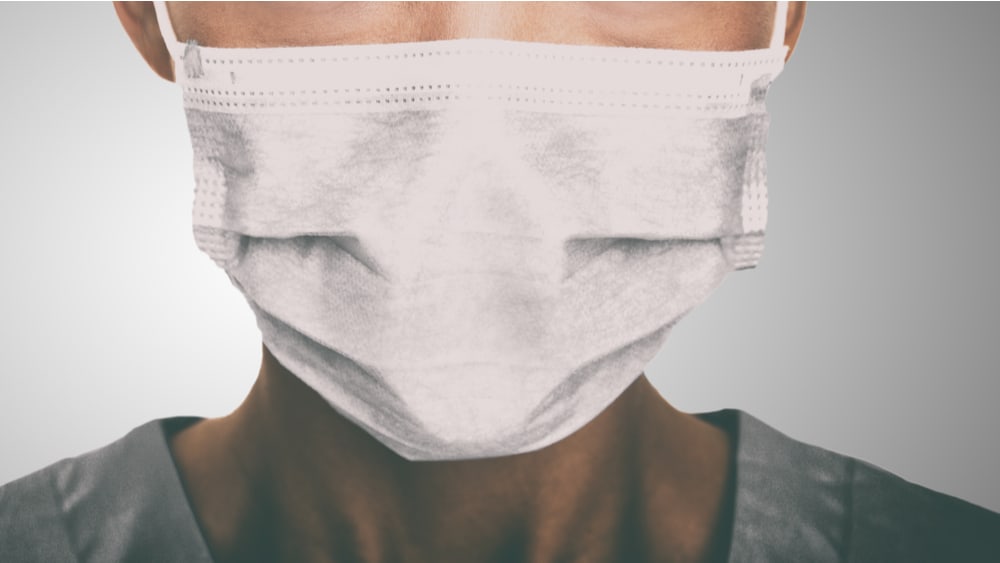[ad_1]
OPINION
This July 4th is my second Independence Day as an American
citizen. It’s a special day for me and my family, a day when we think about the
many freedoms America has given us after we escaped civil war and genocide in
our native Sudan. Of course, this year is different. With the pandemic, we
won’t be visiting a public space to watch fireworks. And as a Black American, I
know there’s still work to be done, as the violence and discrimination I see
sometimes reminds me of the forces that drove my country apart.
But that doesn’t mean my husband and I won’t discuss the
significance of the day with our four children. Unlike in Sudan, Americans are
free to speak out and protest in large numbers. Back home, my husband
was arrested and thrown in jail for openly opposing the government. He was able
to escape, and we barely made it out of the country alive. We were
discriminated against for our skin color, religion and tribe. Some 300,000
people were killed during the genocide, and my family would’ve likely been
among them. We want our kids to understand that American citizenship gives us
powerful rights, but also responsibilities.
This is especially true now. Like many New Yorkers, our
lives changed dramatically in March when COVID-19 hit. My husband lost most of
his work driving for Uber. And though I was busy working full-time at a medical
lab and homeschooling my four children, I was determined to give back. America
has given me so much – I believe it’s my duty, regardless of the sacrifice. I
have my paramedic license from the University of Iowa, so I immediately signed
up to do intake and COVID tests at local hospitals. I’m grateful to contribute
in this way, but I could also be doing so much more. Although I’m a trained primary
care physician with more than 10 years of experience in Sudan, I’ve been unable
to practice since coming here as a refugee in 2011.
At a time when America is facing a critical doctor shortage,
I am eager to contribute my skills. To become a general practitioner here, I’m
required to complete a U.S. residency program. Though I’ve applied multiple
years, paying $5,000 each time, I’ve had no success; despite my years of
on-the-job experience, applicants from foreign medical schools are often
overlooked.
This is unfortunate. Even before coronavirus, New York faced
a growing doctor shortage. According to the Kaiser
Family Foundation, New York has a shortage of more than
1,000 primary care providers. With our state one of the hardest-hit during the
pandemic, governor Andrew Cuomo called on healthcare workers from all over the
U.S. to help. Yet nationally, the numbers aren’t much better. The Association
of American Medical Colleges predicts a physician shortage of 122,000
by 2032. Immigrants like me could help fill this
gap, as we’re twice as likely as U.S.-born citizens to become physicians and
surgeons, according to New
American Economy.
There’s an incredible willingness among immigrants and
refugees to work in healthcare on the frontlines. Approximately 176,000 refugees
work in healthcare, with 11,400
in New York State alone. And in March, Upwardly Global surveyed 325 immigrant
and refugee jobseekers with healthcare backgrounds; 95 percent said they’d be
willing to serve on the COVID-19 frontline if given the opportunity. Yes,
physicians must be thoroughly vetted and held to America’s high standards. But
we can also reduce unnecessary barriers to entry for highly trained
professionals with years of experience.
Recently,
I became eligible for an emergency medical license in New Jersey, which is good
for six months. But I have to wonder: if some states trust trained foreign
physicians in a time of crisis, why not afterwards? After all, the doctor
shortage won’t diminish simply because the pandemic ends.
I am eager to practice medicine here because I want to give
back to the country that saved our lives. The first few years in America were challenging,
but I felt grateful every day to be here. I still do. This Independence Day, I hope we can
all recognize the freedoms America provides, even as we fight against racism
and work toward criminal justice reform. Diversity is what this country was
built on and deserves to be celebrated – in medicine and beyond.
Rasha Abdalla is a refugee from Sudan
and lives in Queens, New York
[ad_2]
Source link

